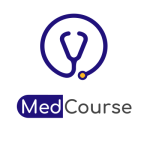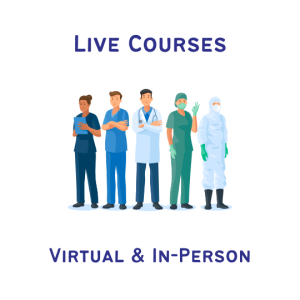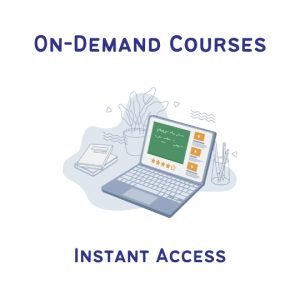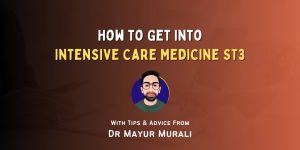
Published February 11, 2025 | Updated February 11, 2025
By James Davidson
Founder of MedCourse
About the Author

Zhilin Jiang, Neurology ST4, National Hospital for Neurology and Neurosurgery
I joined Optimise Interviews after using it as a preparation resource for my neurology interviews in 2023.
I am currently on the mock interview panel for neurology and recorded videos with sample answers.
Courses & Conferences to Attend
I attended several conferences in my foundation years and internal medical training, including the ESOC-WHO joint conference, RCP Acute Medicine conferences and infectious disease conferences.
I also went to a few sleep courses as this was my area of interest. However, prior to starting training, I did not attend any neurology-specific conferences.
Looking back, I definitely recommend the ABN (Association of British Neurologists) conference, not only because it provides up-to-date teaching but also because it would be a great venue to meet neurologists and for you to find out more about what life as a neurologist really is like.
How to Maximise Your Portfolio
I think the two easiest ways to gain points are teaching and QIP.
Teaching – if you are at a teaching hospital, speak with the undergrad admin team and they should be able to give you a list of medical students who you can email or you can even teach foundation year doctors if you are a SHO.
QIP – pick a simple project with a practical way to complete 2 cycles e.g. questionnaire before and after teaching in your area of interest. With the QIPs, this should then give you the opportunity to present at conferences & get publications.
Similarly, case reports might be useful for posters or publications. If the poster is particularly good there might be an opportunity to present orally and this could be a way to get prizes (which worked out for me).
What is also really important is to get the help of a consultant in your area of interest who will be able to review the poster/publication as well as advise on which journals/conferences to submit to.
Making the Most of Your Day Job
I think the day job is a great way to meet consultants/ SPRs who might have a project.
It definitely helps to vocalise your interest in the specialty and sometimes chatting with your peers with similar interests can also be very helpful.
Obviously if on a neurology rotation, the day-to-day job is an invaluable learning opportunity. But not everyone will have this opportunity.
However, there are loads of ways to maximise neurology exposure in other jobs e.g. on the acute take and every consult with the neurology SPR, e.g. learning the pre-screening tests for giving chemotherapy/ immunosuppressive agents like rituximab can be very useful.
Making the Most of Neurology Placements
Great opportunity to:
- Ask to hold the referral phone, do as many LPs as possible/ other procedures e.g. GON blocks/ botox
- Pick up projects
- Establish networks – consultants/ SPRs who might be able to help with application
- Find out what life is like as a neurology SPR
What About Non-Neurology Placements?
As above – learn bits which may be useful for neurology.
However, neurology is now a group 1 speciality and your interview will also have an “Are you a good med reg” station. So having gen med experience will be very useful in helping you manage your future neurology patients holistically and developing your transferable skills like prioritising and remaining calm in stress.













